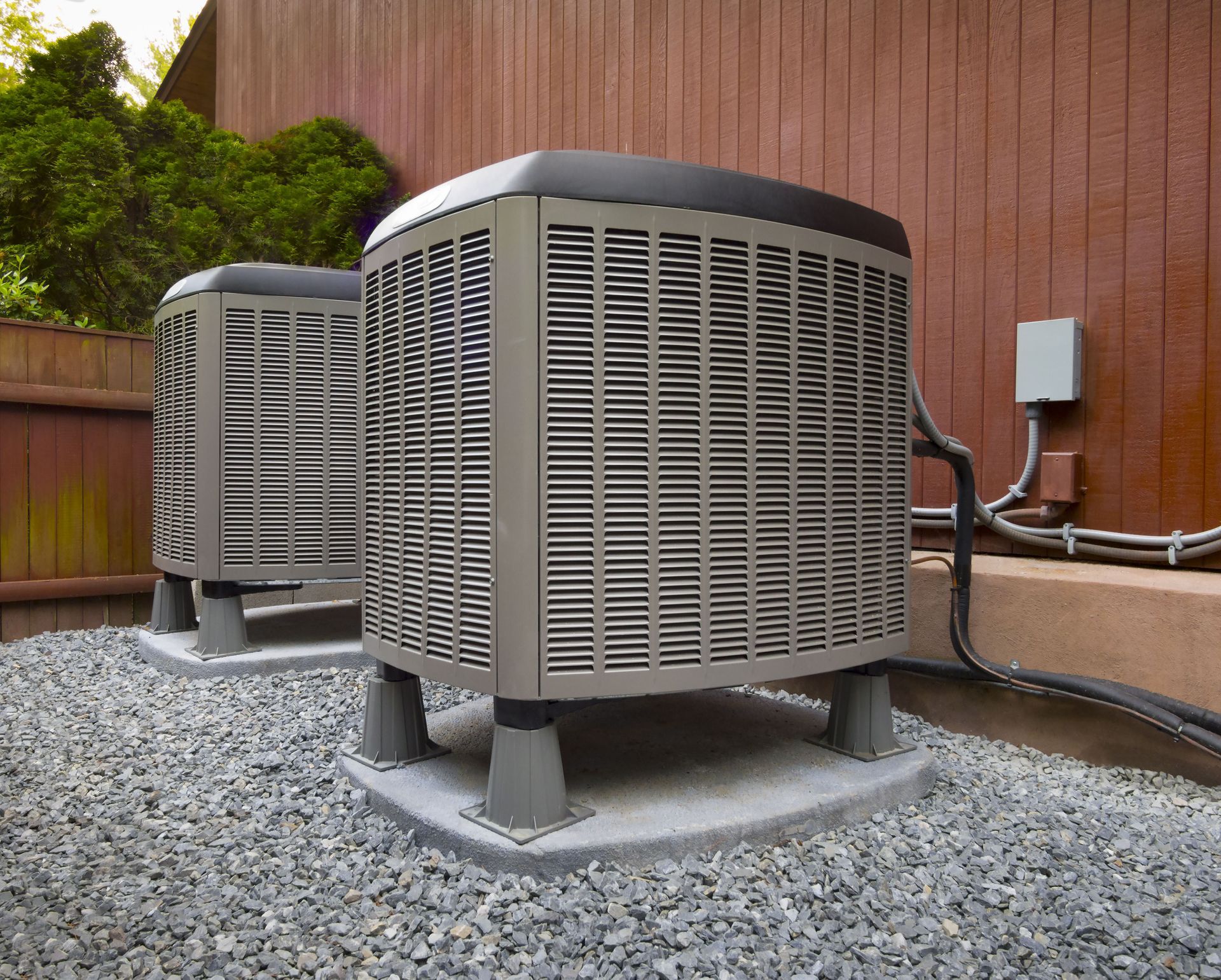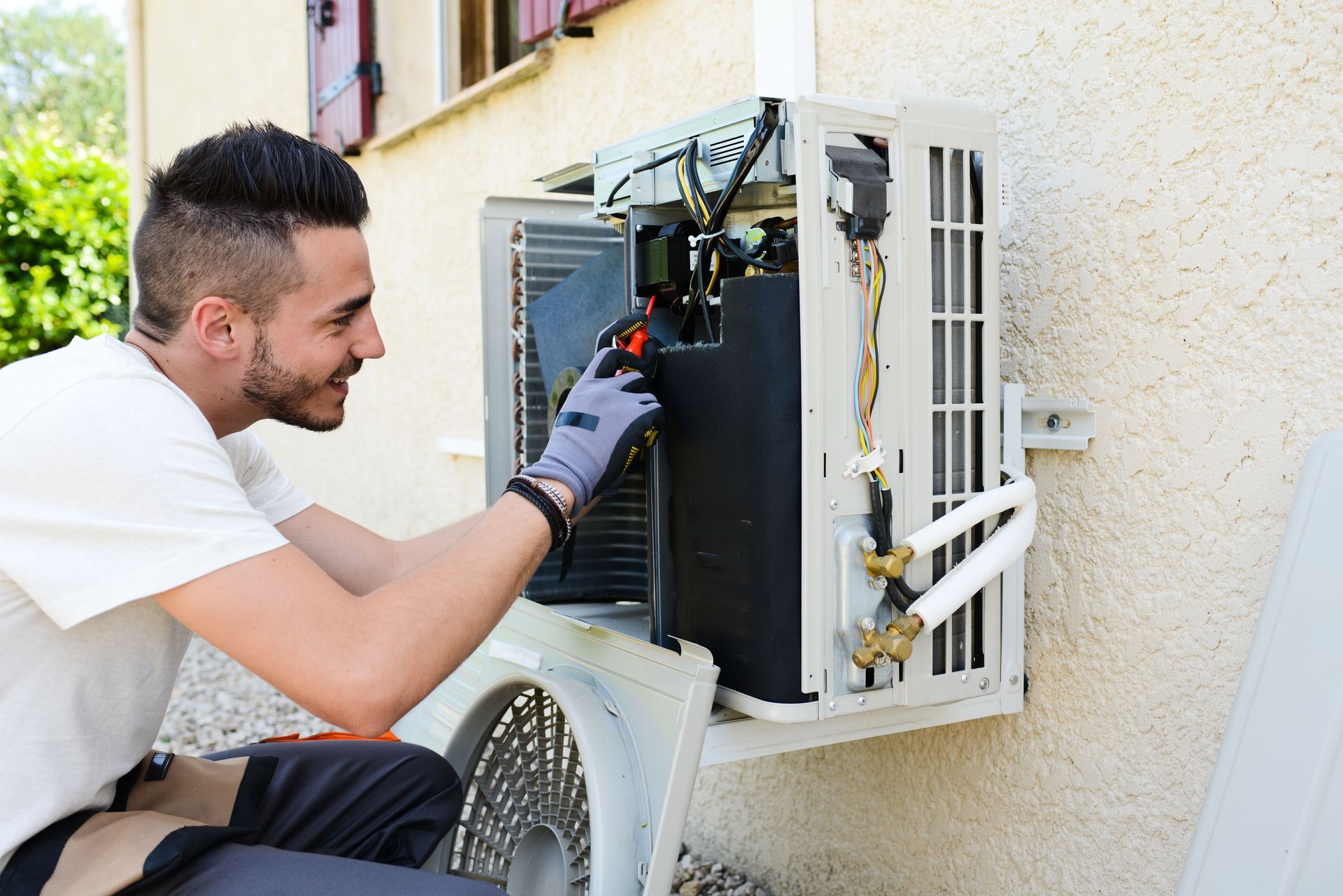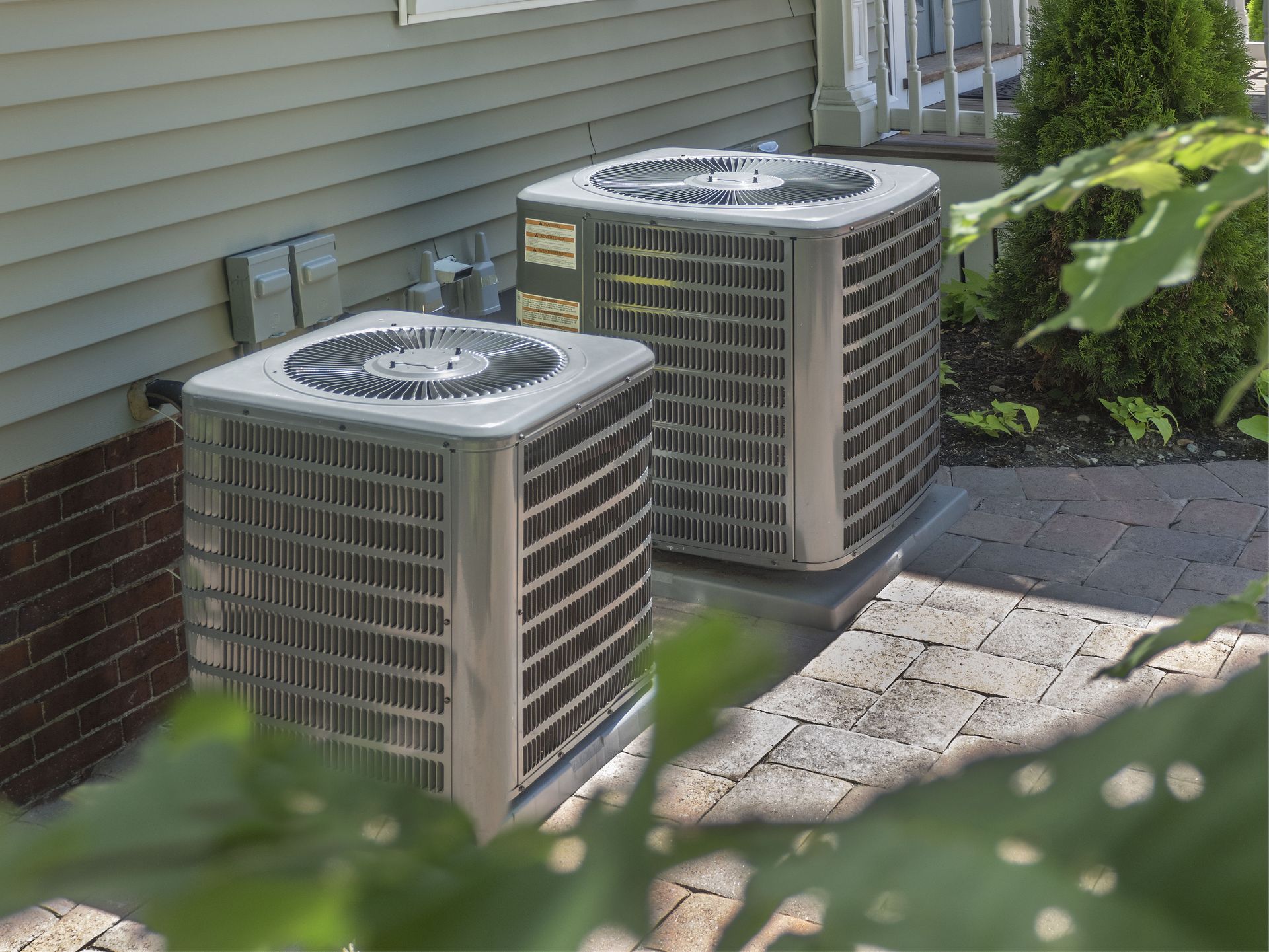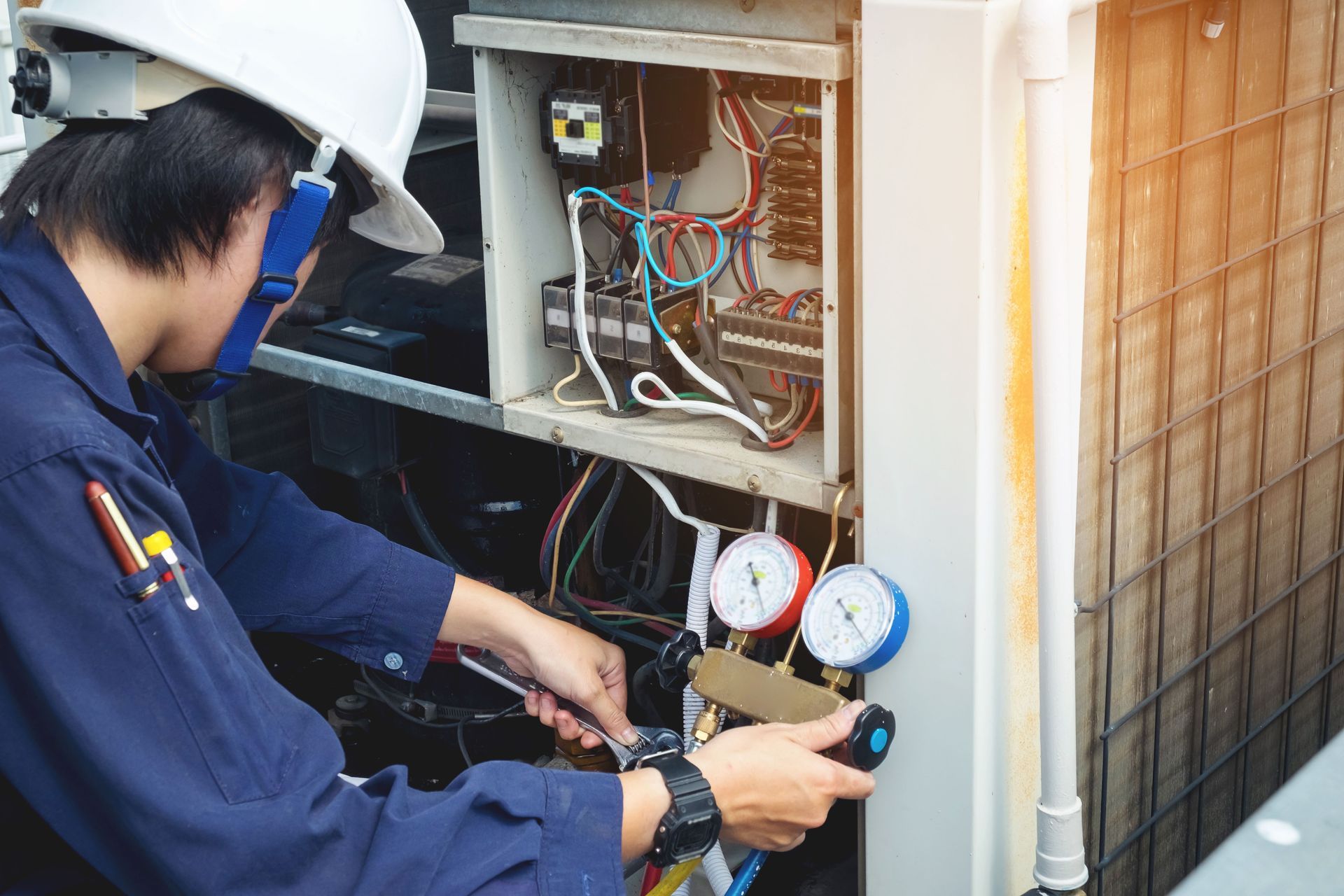Is It Time to Replace Your HVAC Unit? What Every Electrician Wants You to Know
Your home’s comfort depends heavily on the efficiency and reliability of your HVAC system. It regulates temperature, controls humidity, and contributes to overall indoor air quality. While regular maintenance can help prolong its lifespan, no HVAC system lasts forever. If your system is nearing this range—or well beyond it—it might be time to consider replacing it. An experienced electrician can guide you through the decision-making process, helping you determine whether your current unit can be repaired or if a replacement is the smarter long-term investment.
Understanding the Typical Lifespan of an HVAC System
Every homeowner should be aware of their HVAC system’s expected service life. Most systems, with proper maintenance and average usage, last 15 to 25 years, according to Bob Vila, but this range can be shorter if the system is undersized, neglected, or used heavily. After the 20-year mark, even the most well-maintained systems often lose efficiency. Internal components wear down, technology becomes outdated, and repairs become more frequent. An electrician who routinely works on HVAC units can evaluate your system’s age and overall condition, providing a realistic assessment of how much life it has left. If you’re pushing toward the upper end of the lifespan range, replacement is often a better option than continuing to pour money into an aging system.
Recognizing the Warning Signs of Failure
HVAC systems rarely stop working overnight without warning. Instead, they often show subtle signs that trouble is brewing. Frequent service calls, noticeable changes in temperature from room to room, and unusual noises such as rattling, buzzing, or grinding are common red flags. Rising energy bills without any change in household usage patterns can also signal declining efficiency. Additionally, strange odors—whether musty, burning, or chemical—could point to mold growth, electrical issues, or refrigerant leaks. An electrician can conduct a detailed inspection to determine the root cause of these problems and help you decide whether repairs are still worth the cost or if it’s time to replace the entire system.
Comparing Repair Costs to Replacement Costs
When your HVAC system starts needing frequent or expensive repairs, you have to ask yourself how much is too much. Spending hundreds or thousands of dollars each year just to keep an older unit running may not be a wise financial decision. In many cases, replacing an outdated system with a new, efficient model will pay for itself over time through reduced energy costs. An electrician can help you crunch the numbers, factoring in the age of your system, the type and cost of recent repairs, and the potential savings from a modern unit. They can also point out if your current system’s outdated technology is preventing you from achieving optimal comfort or efficiency.
Evaluating Energy Efficiency Benefits
One of the biggest advantages of replacing an older HVAC system is the jump in energy efficiency. Today’s systems are designed to meet higher performance standards, offering better SEER ratings and smart features that adjust operation based on your home’s needs. Many models integrate seamlessly with home automation systems, allowing you to control temperature settings remotely or program schedules for peak efficiency. An electrician can explain how modern systems use variable-speed motors, advanced thermostats, and improved duct designs to optimize energy use. Upgrading to a new system can lead to noticeable savings on monthly utility bills while keeping your home consistently comfortable year-round.
Considering the Impact on Indoor Air Quality
Indoor air quality is directly tied to your HVAC system’s performance. Older units may struggle to filter out dust, allergens, and other airborne contaminants effectively. They may also fail to manage humidity properly, leading to mold growth or overly dry air that irritates skin and sinuses. An electrician can evaluate your current system’s filtration capabilities and recommend upgrades that can improve your home’s air quality. New systems often feature multi-stage filtration, humidity control, and even UV light options to help eliminate bacteria and mold spores, creating a healthier living environment for you and your family.
Factoring in Home Comfort and Consistency
As HVAC systems age, they can struggle to distribute air evenly throughout a home. This can lead to frustrating temperature inconsistencies, with some rooms feeling too hot while others remain too cold. An electrician can measure airflow, check for duct leaks, and assess whether your current system is appropriately sized for your home. If it isn’t, upgrading to a properly sized unit can greatly improve comfort levels. Newer systems are engineered to maintain consistent temperatures across all rooms, ensuring every part of your home is equally comfortable no matter the season.
Looking at Environmental Considerations
Many older HVAC systems use outdated refrigerants, such as R-22, which have been phased out due to their negative environmental impact. These refrigerants are now more expensive and harder to find, making repairs costly. Modern systems use environmentally friendly refrigerants and are built to meet strict energy efficiency standards. An electrician can inform you about these environmental benefits and help you choose a system that aligns with your sustainability goals. Reducing your home’s carbon footprint while lowering your energy costs is a win-win for both you and the planet.
Examining the Role of Preventative Maintenance
Preventative maintenance is essential for getting the most life out of your HVAC system, but it can only do so much. Over time, even a well-maintained system will experience wear and tear that impacts performance. An electrician who has monitored your system through seasonal tune-ups can give you an honest opinion about whether it’s worth repairing or replacing. They may point out patterns—such as recurring breakdowns or declining efficiency—that indicate it’s time for a replacement. Knowing when to stop investing in repairs and put your money toward a new system is a key part of smart homeownership.
Timing Your Replacement Strategically
The timing of your HVAC replacement can affect both cost and convenience. Scheduling a replacement during peak summer or winter months can mean longer wait times and higher installation costs due to high demand. An electrician may recommend replacing your system in spring or fall when temperatures are milder and contractors have more availability. Planning ahead prevents the stress of dealing with a complete system failure during extreme weather and gives you more time to explore your options without feeling rushed into a decision.
Exploring Financing and Incentives
Replacing an HVAC system is a major investment, but financing programs and incentive offers can make it more affordable. Many utility companies provide rebates for upgrading to energy-efficient models, and some manufacturers offer promotional discounts during certain times of the year. An electrician who stays up to date on these programs can guide you toward savings opportunities you might otherwise miss. They can also help you calculate how much you’ll save on utility bills over time, which can make the cost of a new system easier to justify.
Partnering With the Right Professionals
Choosing the right professionals to install your HVAC system is critical. An experienced electrician with HVAC expertise ensures the unit is installed to code, properly wired, and functioning safely. They can help you select the right size and model for your home’s needs, avoiding costly mistakes that could shorten the system’s lifespan or reduce its efficiency. With the right installation, your system will operate at peak performance from day one, giving you the best possible return on your investment.
Making the Final Decision
Deciding whether to replace your HVAC system is not always straightforward, but having an electrician involved in the process can provide clarity. They bring technical knowledge, hands-on experience, and an unbiased perspective to the table. If your system is nearing the end of its expected lifespan, showing signs of inefficiency, or requiring frequent repairs, replacement is often the most logical choice. By acting before your system fails completely, you can avoid emergency replacements and make a well-planned decision that benefits your comfort, health, and finances.
Your HVAC system is one of the most important components of your home, and replacing it at the right time can make all the difference in comfort, efficiency, and value. If you believe it might be time to explore a new system, Dayton Electric Co, LLC is ready to help. Our skilled team can assess your current unit, recommend energy-efficient solutions, and handle the installation with precision and care. With our guidance, you can enjoy a reliable, high-performance HVAC system that keeps your home comfortable for many years to come.






Share On: